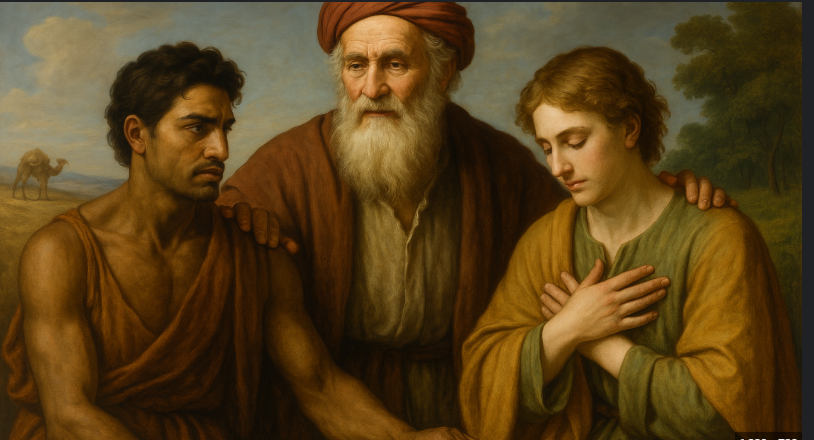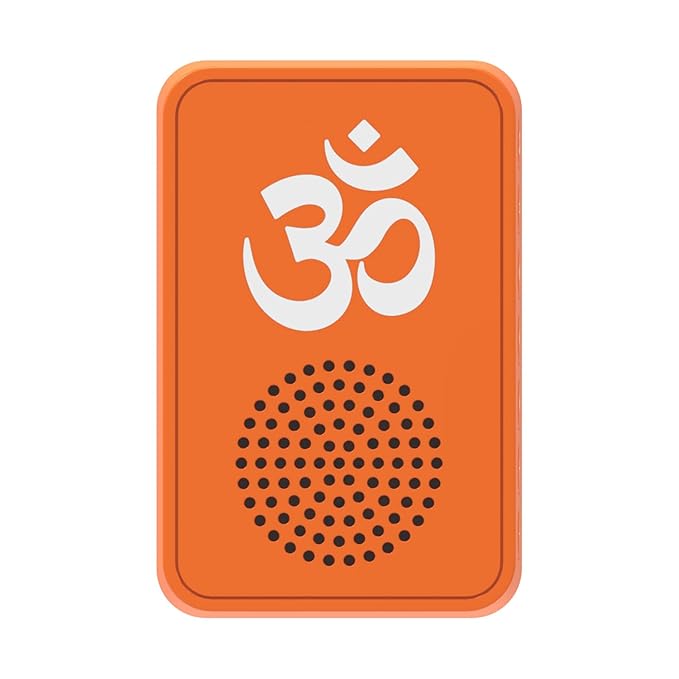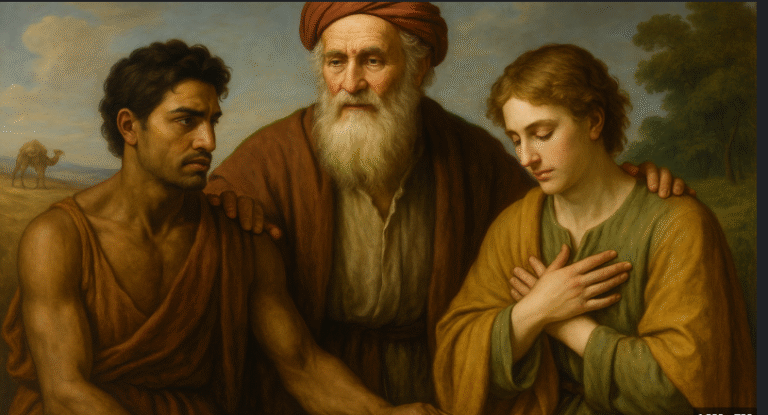Defining Spirituality: A Personal Search for Meaning
Spirituality is a deeply subjective experience. It’s a personal quest for meaning, purpose, and a connection to something greater than oneself, whether that’s a higher power, the universe, or a shared human experience. Unlike formalized religious practices, spirituality is typically non-dogmatic and can take many forms, allowing for individual expression and personal growth.
Key aspects of spirituality include:
- Personal Growth and Purpose: Spirituality often centers on self-reflection, emotional development, and seeking a sense of purpose. It’s about finding one’s own path and understanding.
- Connection to Others: Spirituality can foster a sense of community and interconnectedness, connecting people to others in meaningful ways.
- Religious or Non-Religious Experience: While spirituality can be a component of religious practice, it is not exclusive to any one religion. Many people consider themselves spiritual without subscribing to any particular religious tradition.
- A Quest for Understanding: People engaged in spirituality often seek insight into life’s big questions: Why are we here? What is our purpose? Spirituality can provide answers or simply create space for contemplation.
In essence, spirituality is about finding meaning in one’s existence, sometimes through a connection to a higher power, nature, or the collective consciousness of humanity.
Understanding Spiritualism: A Philosophy of Consciousness
Spiritualism, on the other hand, is a specific philosophy of consciousness with a historical and metaphysical background. Stemming from the philosophical reflections of René Descartes, spiritualism is grounded in the concept of dualism—the idea that the mind and body are distinct entities. Descartes famously proposed that the mind, or soul, is a separate essence from the physical body, leading to the development of spiritualist philosophy as a way to explore the connection between these two parts of existence.
In the context of modern philosophy and metaphysics, spiritualism involves:
- Mind-Body Dualism: This core belief suggests that consciousness is distinct from the physical form, transcending material boundaries.
- The Soul’s Journey: Spiritualism posits that there’s a movement of the soul toward God, or a divine essence, focusing on the invisible and intangible aspects of existence.
- Connection to the Invisible: Spiritualism deals with the metaphysical, exploring the existence of spirits, the afterlife, and realms beyond the physical. This philosophical approach can intersect with concepts of God or other divine entities, but the focus is often more on the soul’s experiences and progression.
In practice, spiritualism has also become associated with movements such as mediumship, where practitioners claim to communicate with spirits or tap into the invisible realm to gain insights into life’s mysteries. While this may seem similar to spirituality’s quest for meaning, spiritualism is more explicitly concerned with metaphysical experiences and the nature of consciousness.
How Spirituality and Spiritualism Differ from Religion
Religion, spirituality, and spiritualism are sometimes used interchangeably, but they differ in essential ways. Here’s how each one is unique:
- Religion: Religion is generally an organized system of beliefs and practices centered around a higher power or divine entity. It includes rituals, doctrines, and communal gatherings and often provides a structured approach to understanding one’s place in the world. Examples include Christianity, Islam, Hinduism, and Buddhism.
- Spirituality: Unlike religion, spirituality is a more personal journey. It may or may not involve belief in a specific deity or structured practice, making it a broad and flexible path focused on self-discovery and personal growth. It can exist independently of religion, and for some, spirituality is about connecting with nature, the universe, or human empathy rather than a divine being.
- Spiritualism: This is more a philosophy or metaphysical approach, distinct from religious practices and centered on the consciousness, the soul, and its relationship with the physical body and the invisible. Spiritualism often addresses questions of the afterlife and may involve practices like mediumship, which are not central to most religious or spiritual practices.
Common Ground Between Spirituality and Spiritualism
While spirituality and spiritualism differ in focus and approach, they share several commonalities, especially when it comes to the exploration of life’s meaning and the human connection to a larger reality. Here’s where they overlap:
- Quest for Understanding: Both spirituality and spiritualism seek to understand life’s mysteries and human purpose. Each, in its own way, addresses questions about existence, consciousness, and the nature of reality.
- Connection to Something Greater: Whether it’s a higher power, the universe, or a spiritual essence, both concepts look beyond the self to connect with a larger, often unseen reality.
- Exploration of Consciousness: Both paths explore the human mind’s depth and the role of consciousness, with spiritualism focusing on the mind-body connection and spirituality emphasizing self-awareness and emotional growth.
Can Spirituality and Spiritualism Coexist?
Absolutely. In fact, many people blend elements of both spirituality and spiritualism into their personal beliefs. For instance, someone may follow a spiritual path that emphasizes personal growth and connection with others while also exploring spiritualist ideas about the soul’s journey and the nature of consciousness. These two paths can be complementary, each offering a different perspective on what it means to be human and how we fit into the larger universe.
Embracing Both: A Balanced Path
Those seeking a deeper understanding of themselves and the universe may find value in exploring both spirituality and spiritualism. Spirituality can provide emotional and existential grounding, helping individuals find purpose and connection in everyday life. At the same time, spiritualism offers an avenue to contemplate the mysteries of consciousness, the soul, and realms beyond the physical.
By blending the subjective, experiential elements of spirituality with the metaphysical reflections of spiritualism, individuals can develop a well-rounded perspective on existence, enhancing both personal fulfillment and intellectual curiosity.














